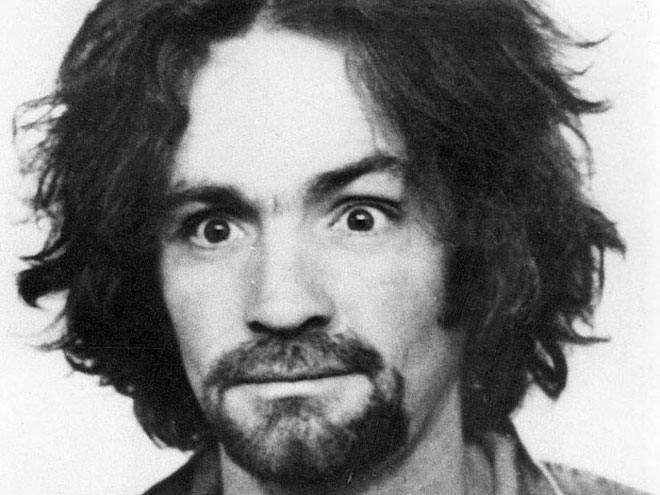Olde Europe
Diamond Member
- Dec 8, 2014
- 6,025
- 4,523
- 2,065
You are so impressed with Ike's common sense message for the future yet you refuse to list a single word he said nor to attempt to discuss it. This isn't about my rhetorical devices, this is proof that you have nothing of your own to say.
To anyone with an ounce of integrity and some reading comprehension, Ike's message is clear enough. Whoever doesn't get it, doesn't want to.
To all the peoples of the world, I once more give expression to America's prayerful and continuing inspiration:
We pray that peoples of all faiths, all races, all nations, may have their great human needs satisfied; that those now denied opportunity shall come to enjoy it to the full; that all who yearn for freedom may experience its spiritual blessings; that those who have freedom will understand, also, its heavy responsibilities; that all who are insensitive to the needs of others will learn charity; that the scourges of poverty, disease and ignorance will be made to disappear from the earth, and that, in the goodness of time, all peoples will come to live together in a peace guaranteed by the binding force of mutual respect and love.
We pray that peoples of all faiths, all races, all nations, may have their great human needs satisfied; that those now denied opportunity shall come to enjoy it to the full; that all who yearn for freedom may experience its spiritual blessings; that those who have freedom will understand, also, its heavy responsibilities; that all who are insensitive to the needs of others will learn charity; that the scourges of poverty, disease and ignorance will be made to disappear from the earth, and that, in the goodness of time, all peoples will come to live together in a peace guaranteed by the binding force of mutual respect and love.
President "Shithole Country" couldn't be a starker contrast.




